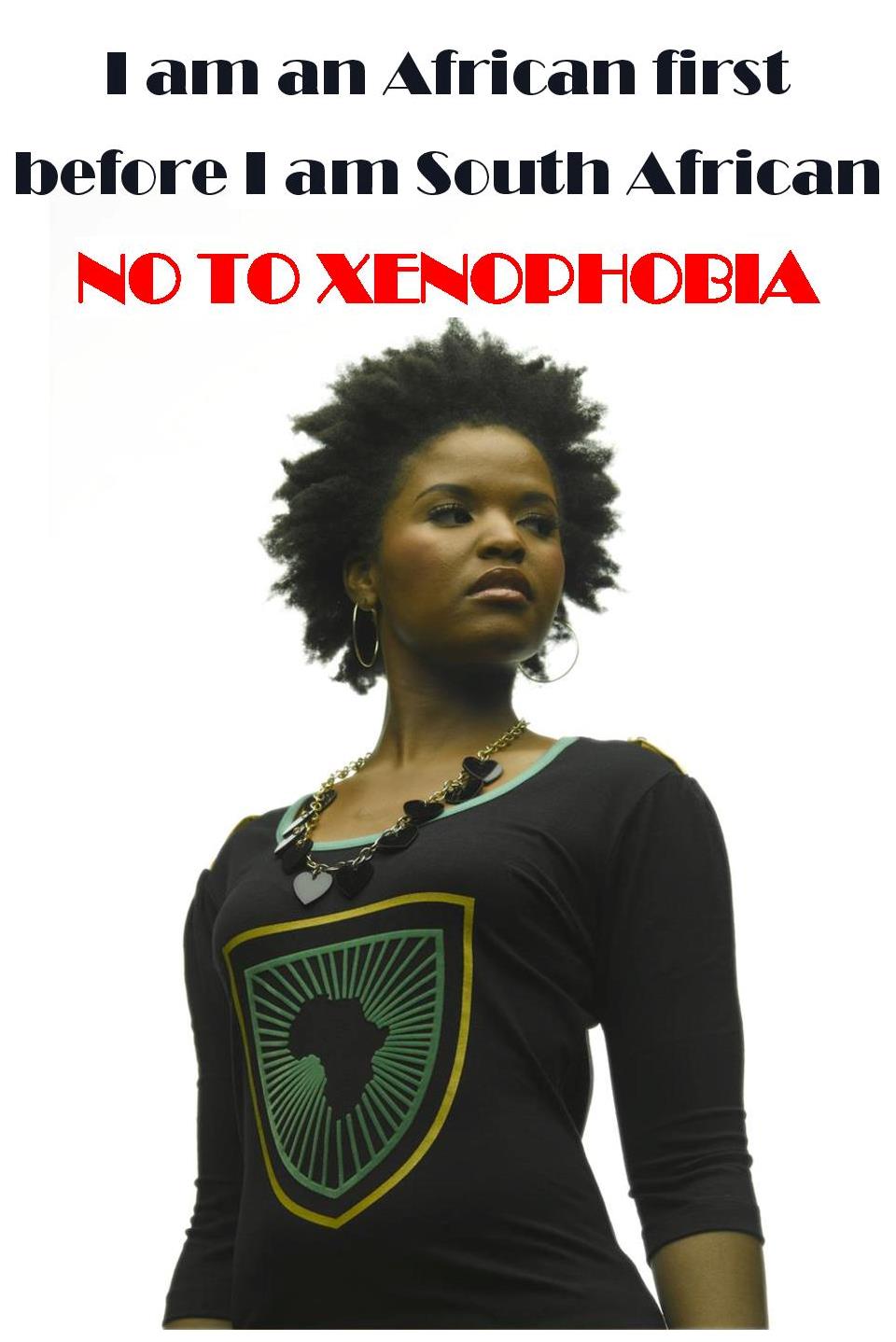 As a South African living in another country, the recent xenophobic attacks in South Africa have left me perplexed and unclear as to the root cause of these attacks. Could the threat of not having a job really drive another human being to set another alight? Word on the street has it that low income communities feel that Africans from other countries take away jobs from locals thus should be driven away back to their countries. These attacks seem only to be a symptom of a discontent, not the root of the problem. The cause needs to be investigated further.
As a South African living in another country, the recent xenophobic attacks in South Africa have left me perplexed and unclear as to the root cause of these attacks. Could the threat of not having a job really drive another human being to set another alight? Word on the street has it that low income communities feel that Africans from other countries take away jobs from locals thus should be driven away back to their countries. These attacks seem only to be a symptom of a discontent, not the root of the problem. The cause needs to be investigated further.Speaking to Mr Cyril Ndaba, the Consulate General at the South African Consulate in Los Angeles on Friday April 17, “We have lived side by side with people from other African countries for many years in the townships of South Africa. We cherished the artisan skills brought by Mozambicans, Malawians and Zimbabweans. One of our best goalkeeper’s was a Nigerian national, William Okpara and played for Orlando Pirates (Premier Soccer League team in South Africa) and South African national team for more than a decade,” he explained. So why this recent violence towards other Africans?
My speculation is that the South African Home Affairs , Justice and Defense Departments have all under- performed in many areas. The South African Home Affairs is one of the weaker performing departments with poor border control being the Department’s main issue. Thus, allowing an influx of people into South Africa from other African countries. Some migrants entering the country are unaccounted. The economy of South Africa is unable to create jobs for 24% of its citizens. South African unemployment strains resources and this strain is felt heavily by poorer communities. According to Statistics SA 45% of the South African population lives in poverty. Migrants settling into these communities walk into this high tension environment.
“Poverty breeds criminality” Ndala expressed.“Poverty breeds desperation,” said Marcus Mavakana, CEO of BizBanq and Congolese national who lived in South Africa briefly in the early 90’s. “South Africans are still dealing with the pain from the past and haven’t healed from the wounds of apartheid. The economy in South Africa is not in great condition and South Africans have never had to deal with this level of poverty. There are society’s in other African countries who are far worse yet do not resort to violence.” Markus Mavakana.
Another theory about the violence that Mr Ndaba discussed was that, “These violent attacks are exasperated by the criminal element; there are crimes committed by South African nationals and crimes committed by illegal immigrants. It may be a battle of gangs on both sides.” This theory brings home to me that the Departments of Justice and Defence have performed poorly in dealing with crime in the country. It is no secret that the crime rate in South Africa is relatively high.
What is the solution then to these seemingly unsurmountable problems? In my opinion, this is a clear cry to the leadership of South Africa that urgent action is needed to get our Home Affairs, Justice and Defence Departments in order. These departments need a well thought out strategy that needs to be implemented urgently. Better measures to track perpetrators of crime and carrying out sentencing for all found guilty of committing crime are needed. Personnel and policy changes at the Department of Home Affairs is necessary for better border control.
“Fellow men and women need to go down memory lane and remember Ubuntu (“I am what I am because of who we all are”). People who did this never lived in exile, they never made any contribution to the liberation of the country” a very emotional Ndaba said. Teary eyed, Ndaba shared how he lived in exile and was welcomed with open arms into Rwanda and how many of the South African freedom fighters were assisted by fellow Africans. “This is the time to say thank you to our African brothers and sisters.”
Will other African countries ever forgive South Africa for this merciless act? Reading about the boycotts of South African businesses in Nigeria is concerning to me. Ethiopian nationals led a protest outside the South African Consulate in Los Angeles on April, 21, accusing South Africa of genocide. “This too shall pass, we need to come together as Africans and see how we can help South Africa past this instead of looking at the nation as the bad cousin we never want to see again,” Marcus Mavakana.
I too am an immigrant in the country in which I live. The current attacks in my home country have disturbed me greatly. I imagine that much like me, many of the Africans bring their much needed skills to South Africa which further boosts the country’s economy. South Africa needs to continue to press on towards continued progress; much can be gained in bringing skills from all around Africa and the world to South Africa. And violence has no part to play in South Africa’s economy.







